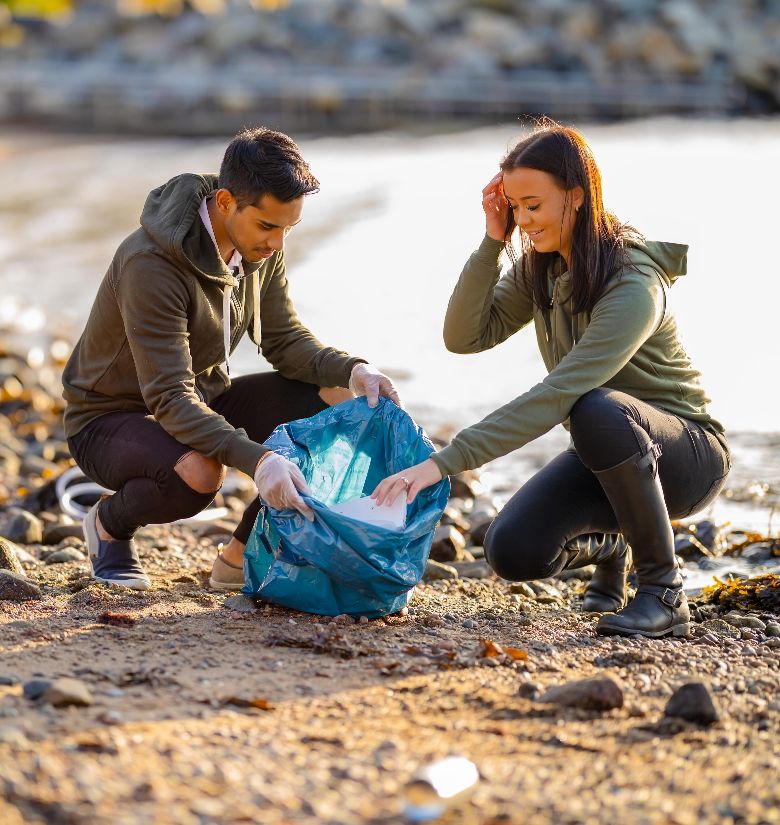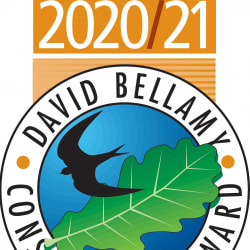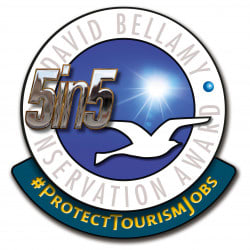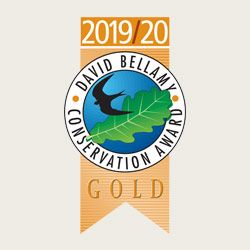- Best Available Rates
- Exclusive Offers
- Secure Payment Gateway
The Problem with Plastic Pollution in Our Oceans
Believe it or not, like the land before time - there was a time before plastic. Up until the 1950s, whilst plastic existed, it wasn’t used in everyday items like it is now. “Used” is a light term. Plastic is the defining material of modern life. It’s used in food and drink packaging, cosmetics, clothes, electronics, cars…it’s even in chewing gum.

Plastic Hangs About for a Millennia
The thing about plastic, is it’s one of the most useful materials ever invented, that (we’re discovering) shouldn’t have been. For the purposes of human civilisation, plastic is everlasting. This is what’s scary about it. We’ve created something that is perfectly non-biodegradable. Plastic can sit around for 1000 years before it degrades.
What this means, is every piece of plastic ever made still exists. The microorganisms that usually break down waste, and stop our planet overflowing, don’t recognise plastic. It’s unnatural, so they reject it. Fair enough.
However, plastic does break down. Sunlight weakens its structure and over time turns it into millions of tiny pieces. Microplastics. This often happens to plastics that have been washed, blown, and dumped into the ocean where exposure to sunlight is high.

Effect of Plastic on the Marine Environment
According the Ocean Conservancy 8 Million tonnes of plastic enter our global oceans each year. The effects of this pollution are only now coming into view.
Marine creatures mistake plastics for food causing harm. For example, sea turtles think plastic bags are jellyfish. Not only are plastics a physical danger to marine wildlife, but they also include toxic chemicals which leach out. These travel from the base of the food chain upwards, towards us. Additionally, plastic affects coral, which having come into contact with plastic is likely to become diseased.

What Can We Do About It?
For starters, plastic is about supply and demand. We forget, as a society, how powerful we are. Protesting lazy, single use plastics is a positive first step. The UK Government is listening, having recently banned the use of micro beads in cosmetic products. In 2020 we’ll be officially saying goodbye to plastic straws, stirrers, and cotton buds. Most bars, pubs, restaurants, and cafés have already opted for paper straws and wooden stirrers.
Continuing to put pressure on supermarkets to reduce the use of plastic packaging is worthwhile too. Much of the food we buy is overly packaged in cheap plastic. In the past our food would have been loose—we’d have weighed it out. Covering everything in a layer of plastic is a relatively new thing—and terrible for the environment.

Take Part in a Beach Clean
(When it's safe to do so)
Sadly, plastic can be found on every beach on Earth—including our own, here in beautiful North Devon. Carried on the tide, dredged up by storms, or littered by a selfish few who think it’s acceptable. Plastic on the beach is now an unavoidable byproduct of our own cleverness as a species. Yes, it’s a clever, but too tough for its own good.
At Hele Valley, we’re all about the chilled-out beach life. Living where we do, in Ilfracombe, soft sands are only ever a stroll away and like our guests, we love it. Nothing beats watching the sun set over that great blue expanse, listening to the gentle crashing of waves, and generally being at peace with the universe. We feel connected to the ocean. This includes caring for the creatures that call it home.
This passion we have for our coastal landscape and marine life moves us to action. Both in our personal lives, and as a business, we do our bit to help keep our beaches clean. A piece of plastic picked, is a piece no longer at risk of being in the sea.
We’re sure you feel the same. Which is why you’ll be interested to hear about The Big Spring Beach Clean, organised by Surfers Against Sewage (SAS).

Big Spring Beach Clean
Whilst this is currently not possible with travel restictions and we advise you stay at home, this usually takes place annually mid-late April and is the biggest, most effective beach cleaning project in the UK, possibly Europe. In the last decade over 100,000 people have taken part in more than 2000 beach spring clean events.
Here are some inspiring cleaning stats from the SAS website:
- 284,689.92kg of plastic pollution removed, from the UK’s coastline, rivers, streets and parks.
- 50,000 plastic bottles and cans removed from UK beaches.
- 181,344 volunteer hours dedicated (£1.65 Million of value to coastal economies).
This is brilliant work, and we’re proud to have helped and we’ll continue to help. When our self-isolation is all over and it is safe to leave your home, perhaps you’ll pop on your gloves and get involved in the next safe beach clean in your area. Joining a beach clean is not only a noble thing to do, but a great way to meet interesting people.
For updated information on the Big Spring Beach Clean and their work to keeping our beaches plastic-free, click here.











